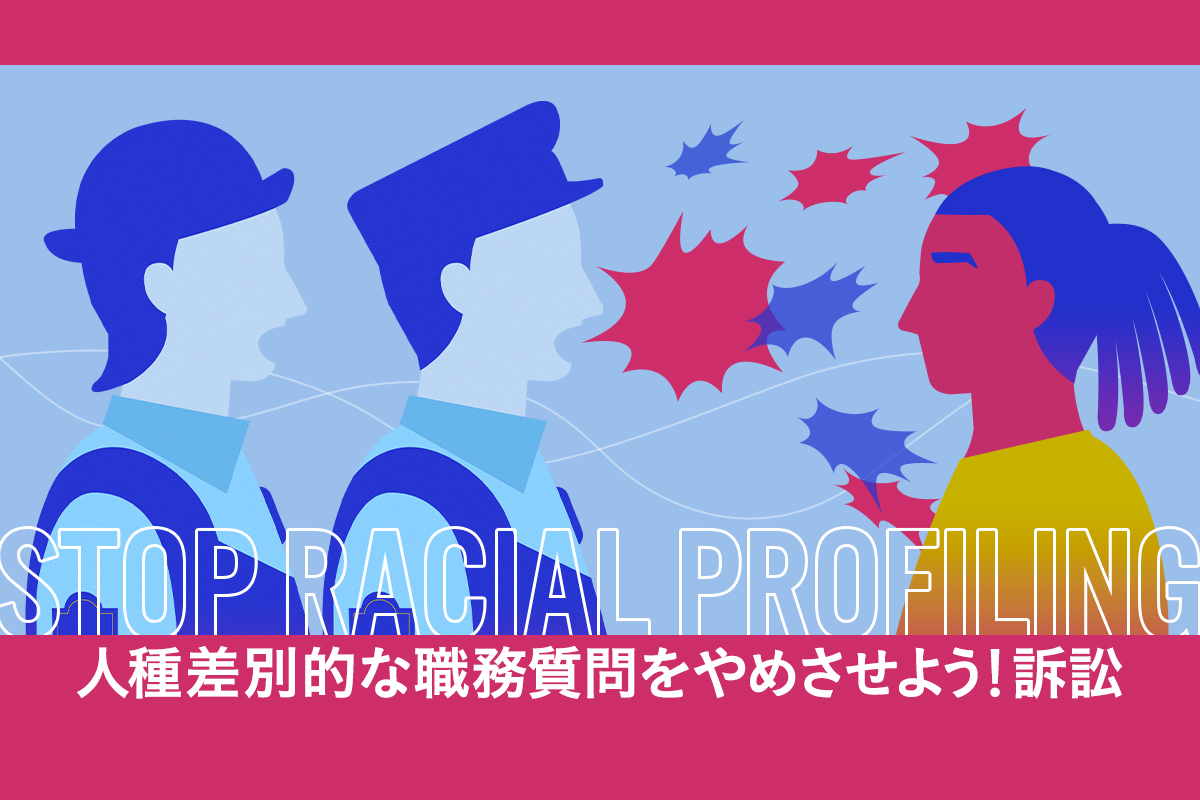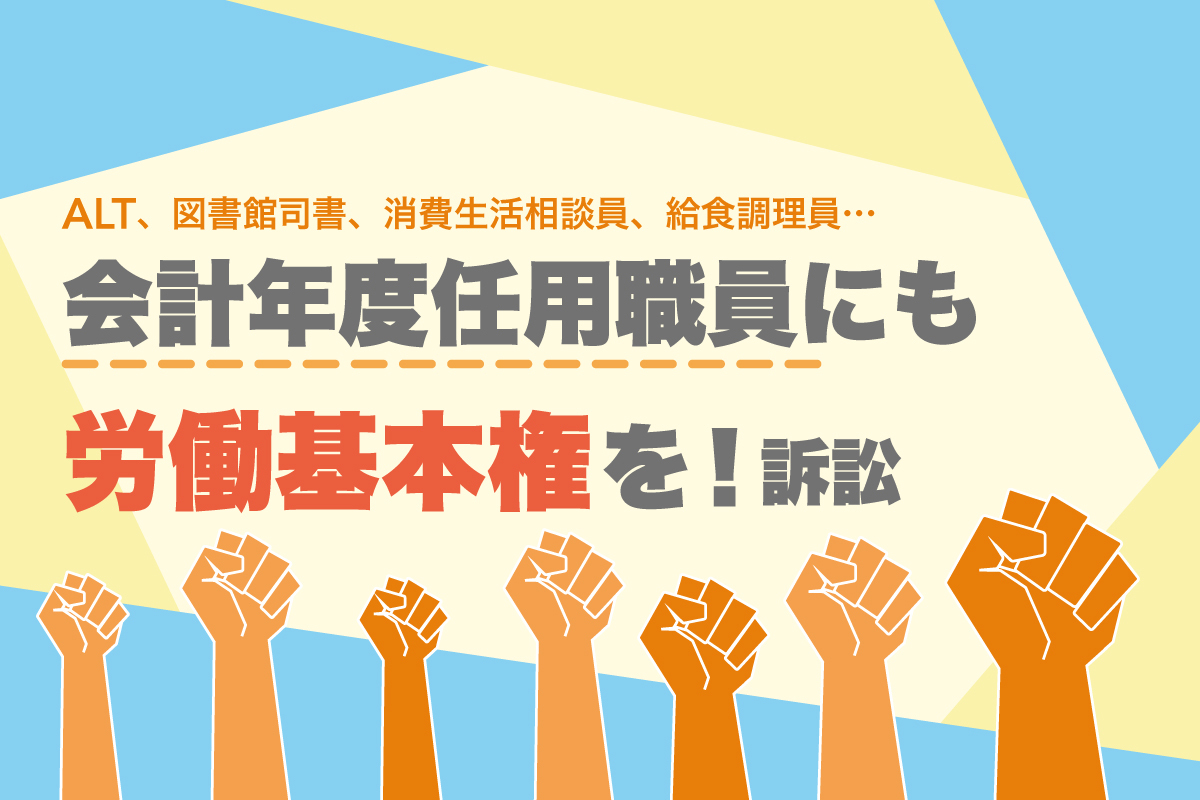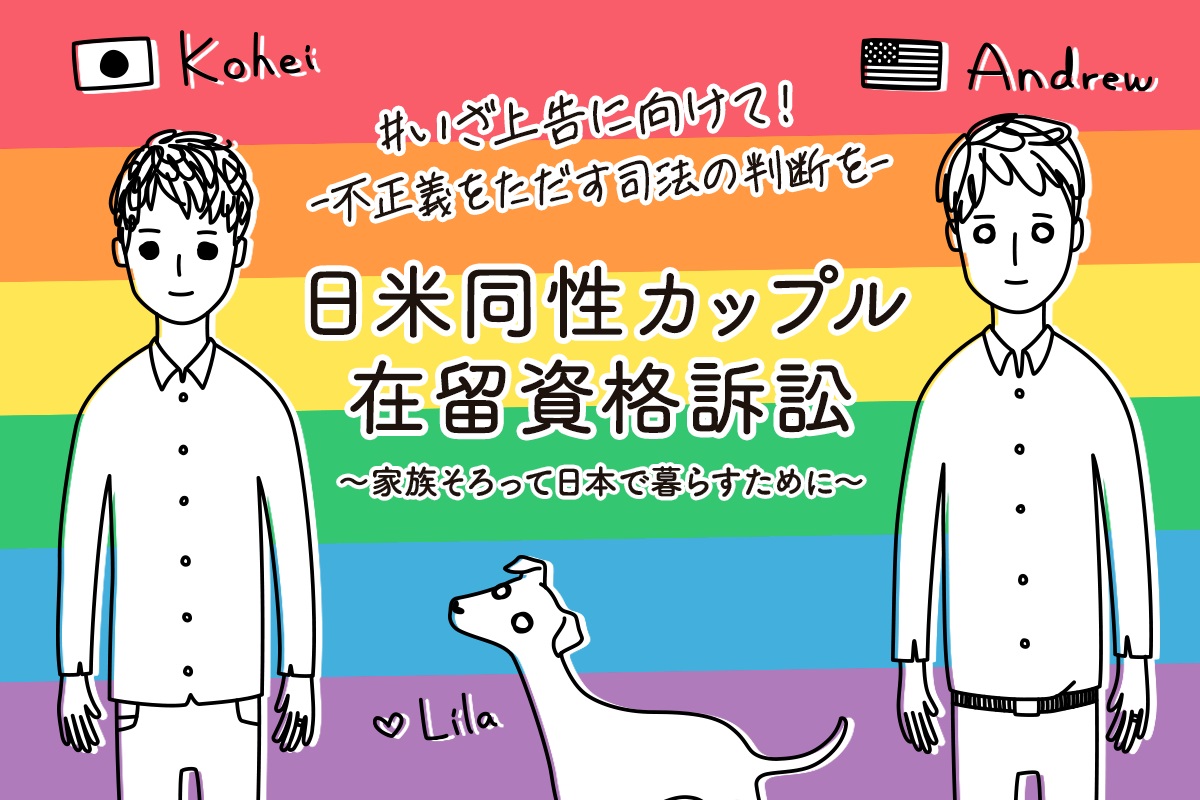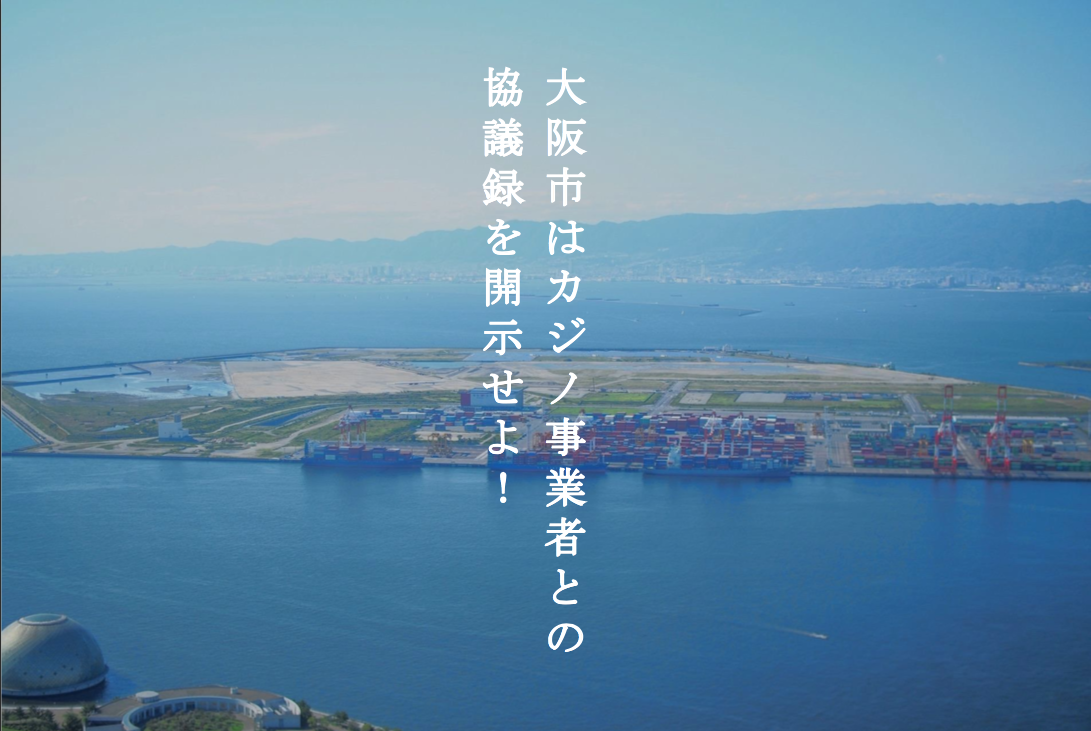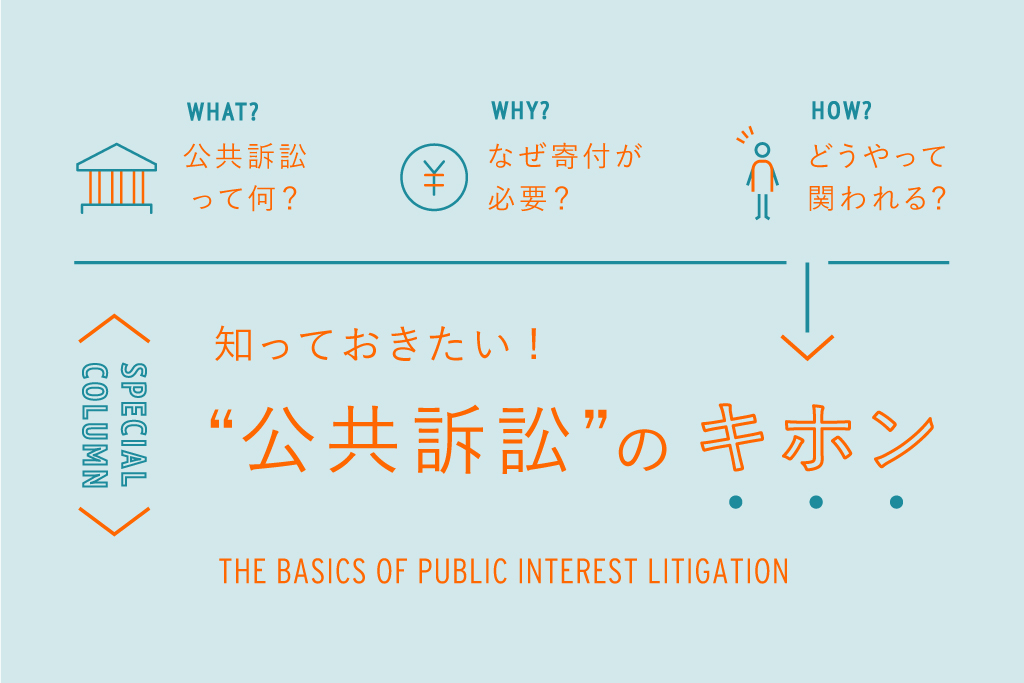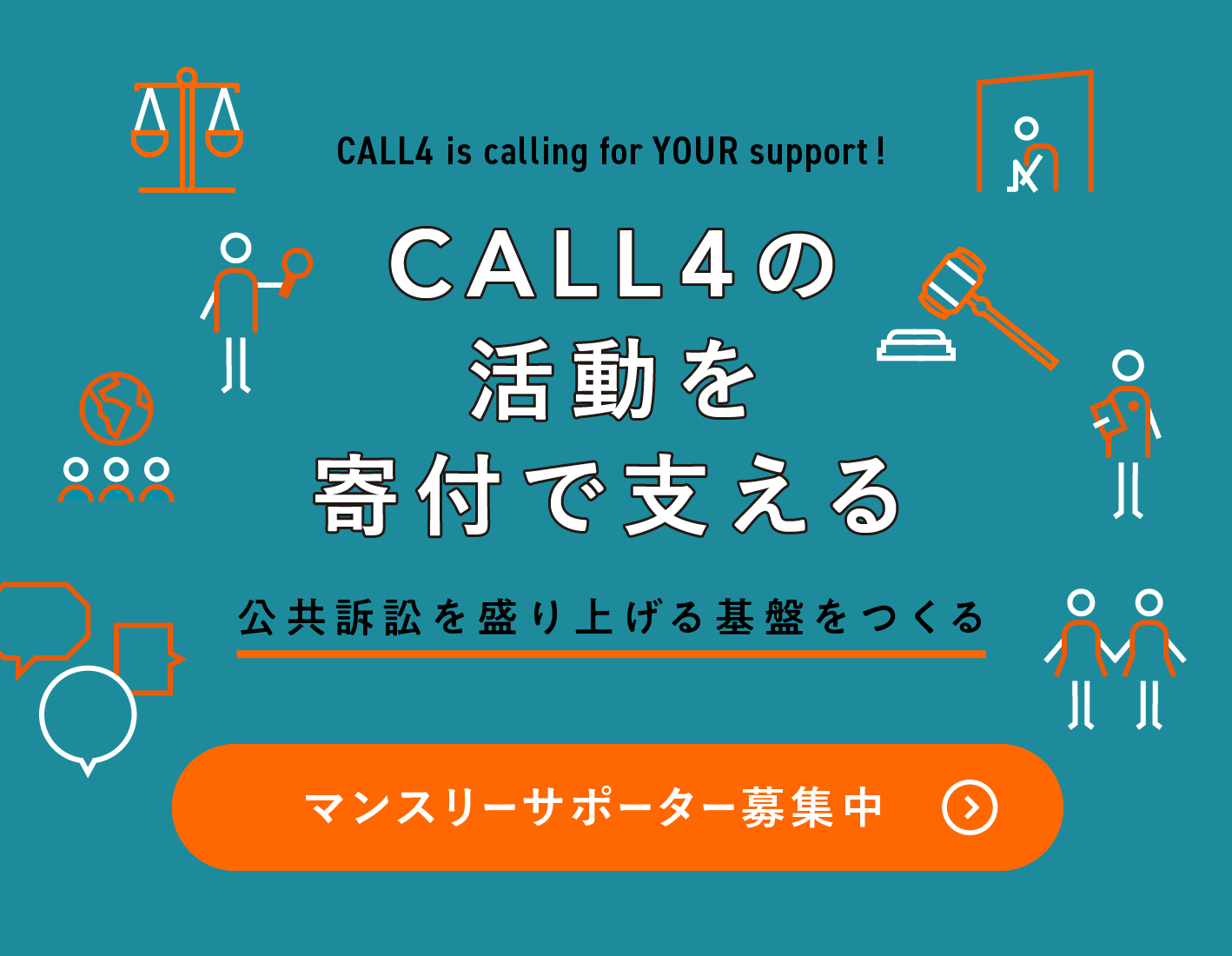過去の開示請求に対する意思決定プロセスを明らかに!〜入管の秘密主義を問う〜訴訟 Clarify the decision-making process for past disclosure requests! ~ Immigration secrecy question ~ Proceedings
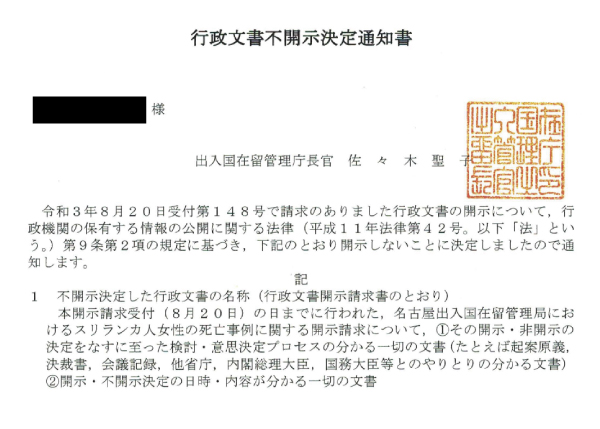
名古屋入管で一人の女性の生命が奪われました(ウィシュマさん事件)。この件に関する過去の開示請求への入管の対応を開示請求で問いましたが、全部不開示決定。裁判で、情報公開への対応履歴の開示を求めます。 About the case of Ms. Wishma, I asked about the response to past disclosure requests, but the Immigration Services Agency refused. At the trial, we pursue it.
※第一目標であった40万円のご寄付を達成することができました。
ご支援いただき、心より感謝申し上げます。
ネクストステップとして、印紙・郵券代、弁護士費用全額を賄うため、100万円を目標といたします。引き続きご支援いただけますと幸いです。
※本ケースは、ウィシュマさんの遺族が提起した国家賠償等請求訴訟とは別の訴訟です。ウィシュマさんの事件をきっかけとして、入管の秘密主義や情報管理のあり方を情報公開訴訟において問題提起する訴訟です。弁護団や原告、支援団体も異なります。
【ケースの概要】
今年、名古屋入管で亡くなったスリランカ人女性・ウィシュマさんについて、出入国在留管理庁は一切の情報を明らかにしていません。
ご遺族が情報公開を求めた開示請求では、1万枚以上の文書がほぼ全部黒塗りにされました。私の開示請求に対しても同様でした。
開示請求に対する不開示決定は、行政機関である出入国在留管理庁の公式な決定です。
ウィシュマさんの事件について、過去にどのような開示請求があり、出入国在留管理庁がどのような内部の意思決定プロセスを経てどう対応したのか、についての開示請求を行いました。
これによって、出入国在留管理庁がどんな基準で判断を行った上で不開示決定を出してきたのかが分かります。
これはウィシュマさんの個人情報を暴くものではありませんし、開示請求を行った個人の方の連絡先や氏名のみ黒塗りすれば、誰も困ることのない開示請求です。
私は過去に、「桜を見る会」に関して、同様に内閣府に対して開示請求を行いましたが、個人情報以外は、決裁書も含めて開示されました。
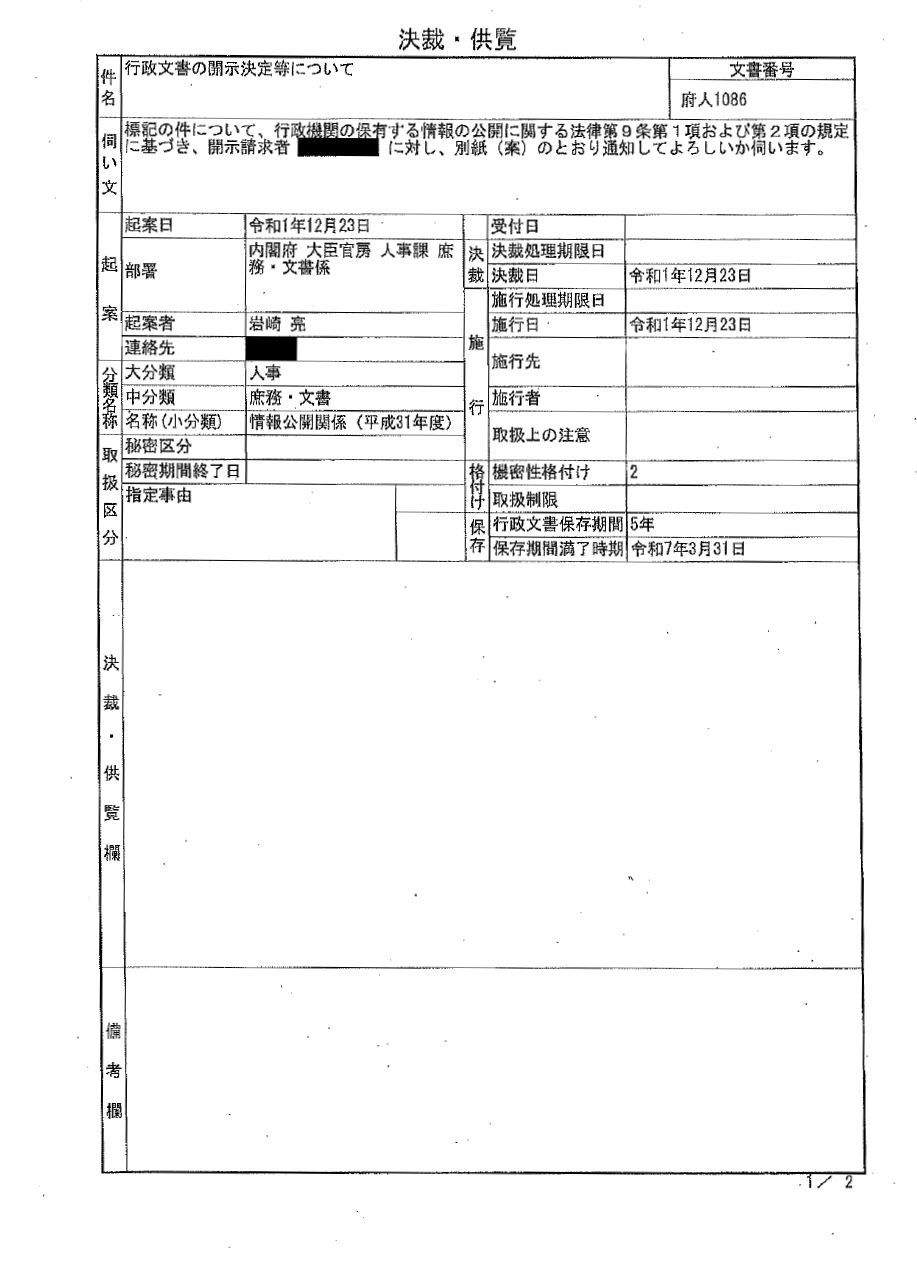
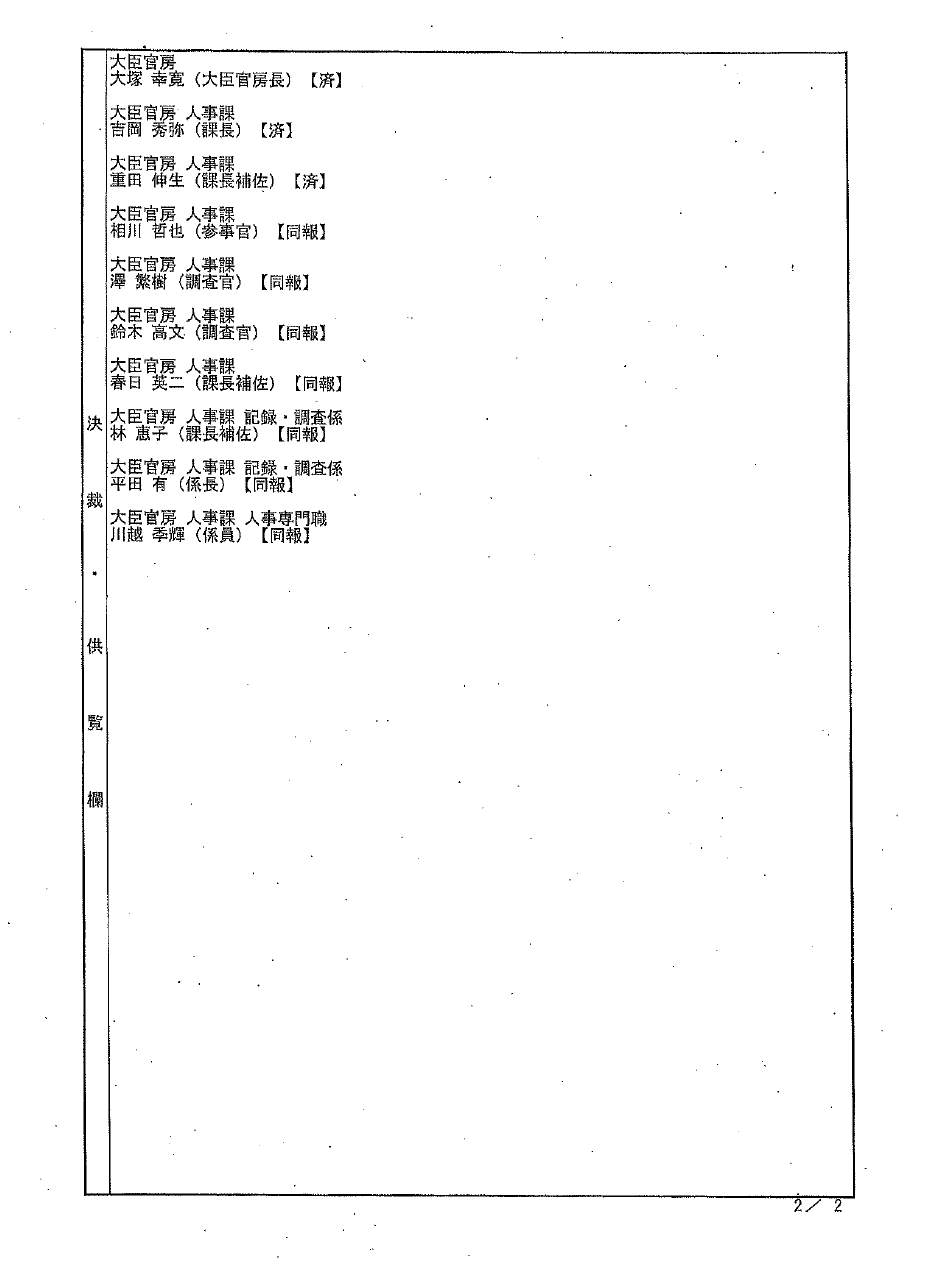
(「桜を見る会」の開示請求に対する決裁書)
ところが、入管庁は、このごく当たり前の開示請求に対しても、全部不開示の決定を出しました。
「率直な意見交換が不当に損なわれるおそれ又は意思決定の中立性が不当に損なわれるおそれがある」などを理由としています。
しかし、安易にこのような理由を許せば、「行政の意思決定プロセスを監視する」情報公開の意味はまったく失われてしまいます。
ウィシュマさんの事件がとくに入管庁にとって都合が悪いから、何でも非公開にしようと考えているとしか思えません。
本ケースは、こうした入管庁の秘密主義に一石を投じるため、提訴に踏み切るものです。
【訴訟で求めていること】
私が開示請求を行った2021年8月19日までに行われたウィシュマさんの事件に関する開示請求の内容と、これに対する決定をする際に入管庁で行われた検討内容・意思決定プロセスを明らかにすること、を求めています。
【このケースの社会的意義】
入管庁の秘密主義はとりわけ問題ですが、開示請求を行っていると、他の省庁でもこれと同じ「率直な意見交換が不当に損なわれるおそれ」を主張して不開示とされることがあります。
行政機関内部の文書である以上、大抵の場合このような「おそれ」はあるわけで、安易にこの理由を認めれば、行政機関がこれを盾になんら情報を公開しない状況に陥りかねません。
他にも行政機関が開示を拒否する理由づけは多々ありますが、今回の開示請求は、「原則開示・特別な理由があるときのみ不開示」という情報公開法の理念が、「原則不開示」にひっくり返ってしまっている現状を、本来のありかたに立ち戻らせる一歩となると考えています。
出入国在留管理庁に限らず、本来市民・国民のものである行政機関の情報をきちんと公開させることは、民主主義の徹底のために必要不可欠です。
【寄付金の使途】
裁判費用、弁護士費用(成功報酬を含む)に使います。
【弁護団から一言】
国民主権の国、民主主義の国である以上、行政文書は、国民に対して全て公開されるべきです。
恣意的な理由で非公開とされる運用を許さないためには、「嵐のように」開示請求を行い、問題事例は訴訟にするのが大事です。この国に、そういう流れを作りたいですね。
【原告から一言】
私は、この4年間で約2000件の開示請求を、主に国と東京都に対して行ってきました。財務省の「赤木ファイル」関連についても、繰り返し開示を求め、そのうち50件の不開示決定に対しては不服審査請求を行っているところです。「原則公開」の本来あるべき姿を取り戻すために、たたかいます。
* We were able to achieve our first goal of donating 400,000 yen.
Thank you for your support.
As the next step, we aim for 1 million yen to cover all revenue stamps, postage, and attorney's fees. We would appreciate your continued support.
* This case is different from the proceedings for state compensation, etc. filed by Mr. Wishma's bereaved family. In the wake of Mr. Wishma's case, this is a lawsuit that raises issues regarding immigration secrecy and information management in information disclosure lawsuits. Lawyers, plaintiffs, and support groups are also different.
[Case overview]
The Immigration Bureau of Japan has not disclosed any information about Mr. Wishma, a Sri Lankan woman who died in Nagoya Immigration Bureau this year.
Almost all of the 10,000 or more documents were blacked out in the disclosure request by the bereaved family for information disclosure. The same was true for my disclosure request.
The non-disclosure decision for a disclosure request is an official decision of the Immigration Bureau of Japan, which is an administrative agency.
We made a request for disclosure of Mr. Wishma's case, what kind of disclosure request was made in the past, and what kind of internal decision-making process the Immigration Bureau of Japan responded to.
This will give you an idea of the criteria by which the Immigration Bureau of Japan has made a decision before making a non-disclosure decision.
This does not reveal Mr. Wishma's personal information, and if only the contact information and name of the individual who made the disclosure request are blacked out, no one will be in trouble.
In the past, I also requested the Cabinet Office to disclose the "Sakura wo Miru Kai", but other than personal information, it was disclosed including the written decision.


(Decision for disclosure request of "Sakura wo Miru Kai")
However, the Immigration Bureau has decided not to disclose all of these very common requests for disclosure.
The reason is that "a frank exchange of opinions may be unreasonably impaired or the neutrality of decision-making may be unreasonably impaired."
However, if we easily allow such reasons, the meaning of information disclosure that "monitors the decision-making process of the government" is completely lost.
Since Mr. Wishma's case is particularly inconvenient for the Immigration Bureau, I can only think that he is thinking of keeping everything private.
In this case, we file a lawsuit to throw a stone at the immigration bureau's secrecy.
[What is required in the proceedings]
Clarify the content of the disclosure request regarding Mr. Wishma's case, which was made by August 19, 2021 when I requested disclosure, and the content of the examination and decision-making process conducted by the Immigration Bureau when making a decision on this. I want to do it.
[Social significance of this case]
The immigration bureau's secrecy is a particular problem, but when requesting disclosure, other ministries and agencies may claim the same "risk of unreasonably impairing frank exchange of opinions" and make it non-disclosure. ..
Since it is a document inside the government agency, there is usually such a "fear", and if you easily admit this reason, you may fall into a situation where the government agency does not disclose any information with this as a shield.
There are many other reasons why government agencies refuse to disclose, but the idea of the Information Disclosure Law that "disclosure in principle and non-disclosure only when there is a special reason" is "non-disclosure in principle". I think that it will be a step to restore the current situation that has been overturned to the original way.
It is indispensable for the thoroughness of democracy to properly disclose information on administrative agencies that are originally citizens and citizens, not just the Immigration Bureau of Japan.
[Use of donations]
It is used for legal fees and legal fees (including success fees).
[A word from the defense team]
As long as it is a country of popular sovereignty and a country of democracy, all administrative documents should be open to the public.
In order not to allow operations that are kept private for arbitrary reasons, it is important to file a disclosure request "like a storm" and file a proceeding in case of a problem. I want to create such a flow in this country.
[A word from the plaintiff]
I have made about 2000 disclosure requests mainly to the national government and Tokyo over the last four years. Regarding the Ministry of Finance's "Akagi File", we are repeatedly requesting disclosure, and we are requesting an appeal examination for 50 non-disclosure decisions. We will fight to regain the original form of "principle disclosure".
あなたにおすすめのケース Recommended case for you
- 外国にルーツを持つ人々 Immigrants/Refugees/Foreign residents in Japan
- ジェンダー・セクシュアリティ Gender/Sexuality
- 医療・福祉・障がい Healthcare/Welfare/Disability
- 働き方 Labor Rights
- 刑事司法 Criminal Justice
- 公正な手続 Procedural Justice
- 情報公開 Information Disclosure
- 政治参加・表現の自由 Democracy/Freedom of Expression
- 環境・災害 Environment/Natural Disasters
- 沖縄 Okinawa
- 個人情報・プライバシー Personal information/Privacy
- アーカイブ Archive
- 全てのケース ALL

